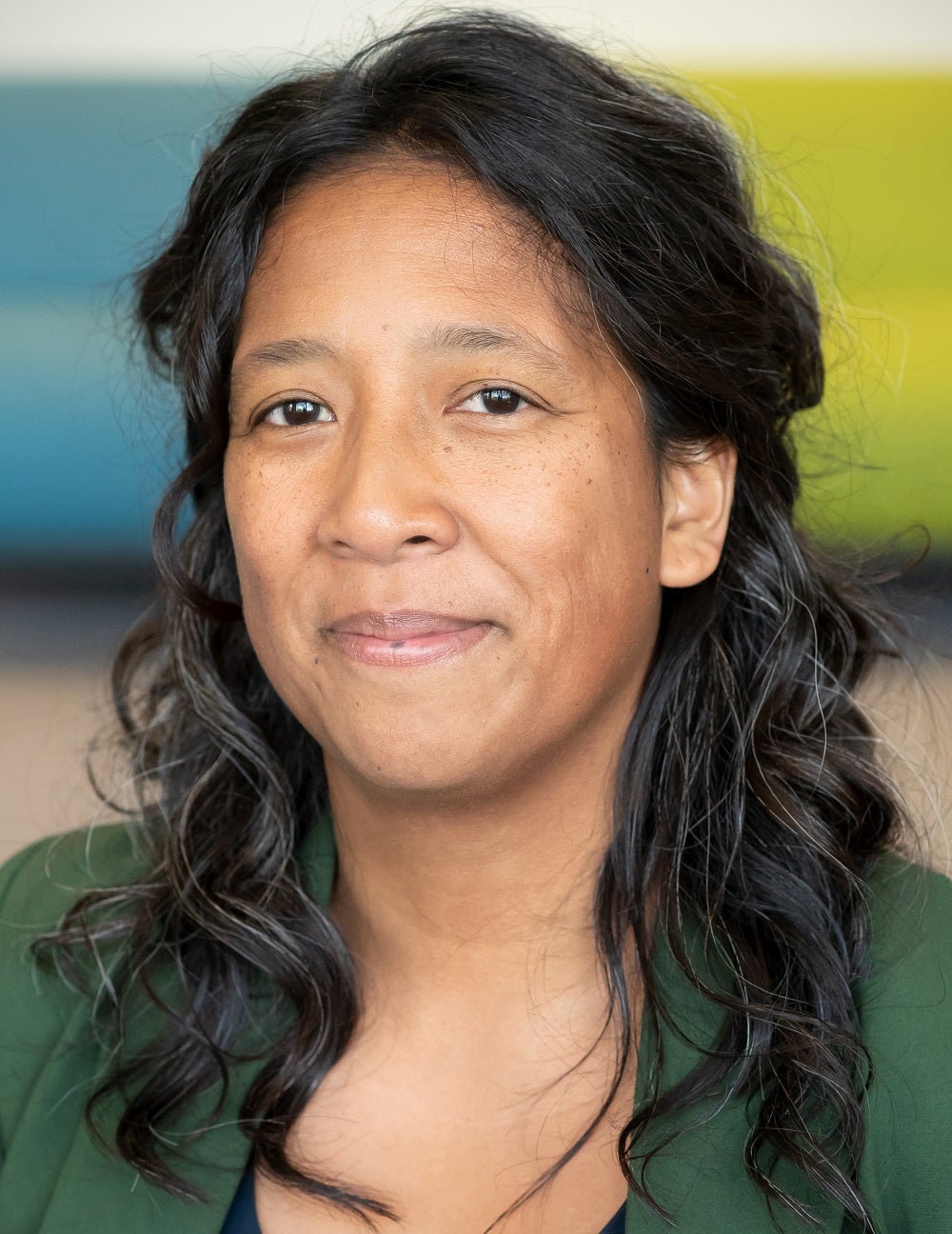Last update: 13 December 2024
By sharing examples and acknowledging challenges, we hope to create awareness around decolonization and invite students and staff to share their ideas and concerns with us.
Harmful and/or offensive descriptions in LibSearch
We strive to provide the most reliable and respectful description of library materials. It is important to note that our library catalogue may contain harmful and/or offensive descriptions, such as subject headings. We are committed to ensuring that such metadata are no longer visible, providing alternative descriptions where possible that respect the people and communities who create, use, and are represented in our library materials.
While acknowledging that our library contains harmful and/or offensive content, we will not remove books or other content from our collections to preserve an unaltered historical record. Similarly, harmful and/or offensive language will not be removed from our metadata, and users can still search with those terms for research purposes.


